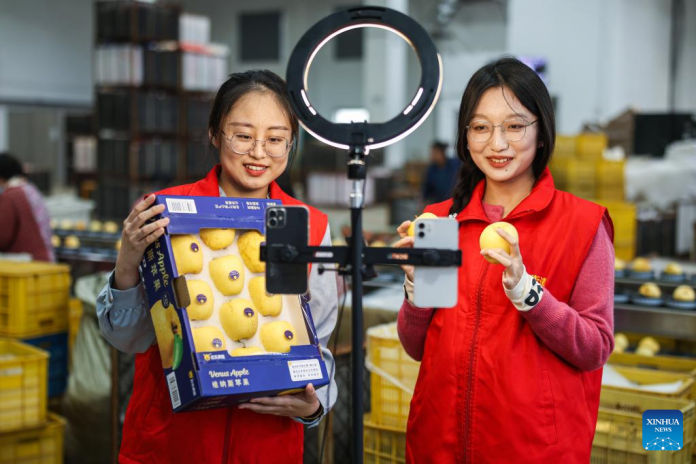Chinese consumer prices barely rose in 2024, whereas factory costs continued to fall for a second straight year amid persistent weak domestic demand, according to Reuters.
Beijing intensified economic stimulus, but combined economic factors severely hit demand. Those included job insecurity, the housing crisis, as well as debt and tariff threats from US President-elect Donald Trump.
According to the National Bureau of Statistics, the annual consumer price index (CPI) rose 0.2%, well below the official target of 3%. CPI rose 0.1% year-on-year in December, slowing from November’s 0.2% rise and the weakest pace since April.
However, core inflation rose to 0.4% last month. Meanwhile, factory prices remained deflationary for 27 consecutive months. The rise in core consumer prices and the slowdown in factory deflation indicated the efficiency of the government’s economic support measures, said Julian Evans-Pritchard, Head of China Economics.
But with the prop from stimulus likely to be short-lived, we think underlying inflation will drop back again later this year.
Besides electric vehicles, the discounts now extend to the retail sector, including bubble tea shops and other goods. Instead of buying items such as cameras, consumers are increasingly opting to rent them.
China agreed to insure special treasury bonds for a record $411 billion. Beijing would sharply increase financing through extra-long treasury bonds in 2025 to spur business investment and incentivise consumers, a government planner said last week.
At the end of December, the World Bank raised its forecast for China’s economic growth in 2024 and 2025. Declining household and business confidence, as well as difficulties in the property sector, will remain the only constraints.
